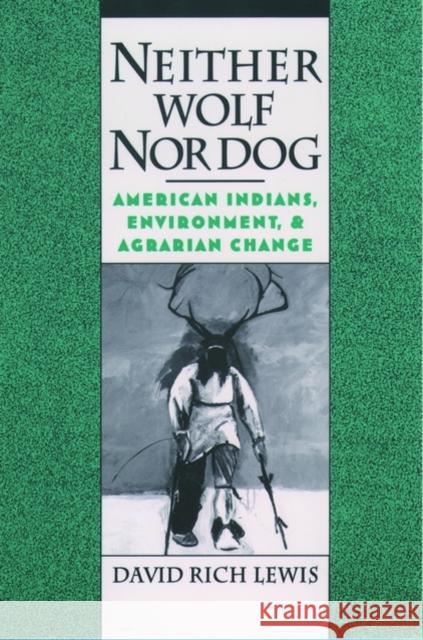Neither Wolf Nor Dog: American Indians, Environment, and Agrarian Change » książka
topmenu
Neither Wolf Nor Dog: American Indians, Environment, and Agrarian Change
ISBN-13: 9780195117943 / Angielski / Miękka / 1997 / 256 str.
During the nineteenth century, Americans looked to the eventual civilization and assimilation of Native Americans through a process of removal, reservation, and directed culture change. Neither Wolf Nor Dog explores the experiences of three groups--Northern Utes, Hupas, and Tohono O'odhams--with settled reservation and allotted agriculture in the nineteenth and twentieth centuries. Each group inhabited a different environment, and their cultural traditions reflected distinct subsistence adaptations to life in the western United States.
Author David Rich Lewis shows how each group experienced the full weight of federal agrarian policy yet responded differently, in culturally consistent ways, to subsistence change and the resulting social and environmental consequences. Attempts to establish successful agricultural economies ultimately failed as each group reproduced its own cultural values in a diminished and rapidly changing environment. In the end, Lewis demonstrates, such policies and agrarian experiences left Indian farmers marginally incorporated and economically dependent.










